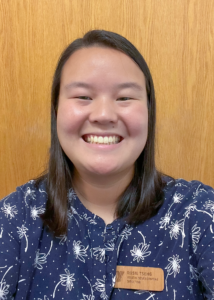Happy 104 Anniversary to the United Way of Central Massachusetts! Together with the YMCA of Central Massachusetts we make a difference in our community – every day! From advocacy at the State House, the Annual Day of Caring, and supporting new arrivals – to volunteer recognition, food security, and workforce development – we PARTNER and create IMPACT. Thank you, United Way!!!


